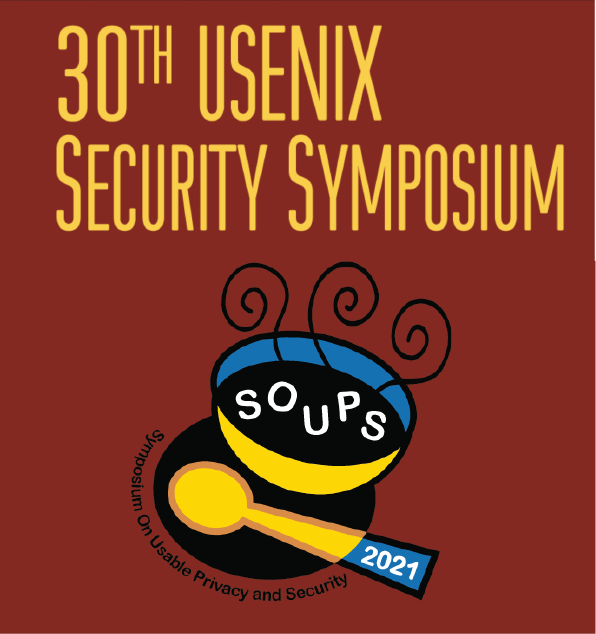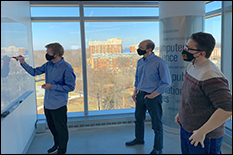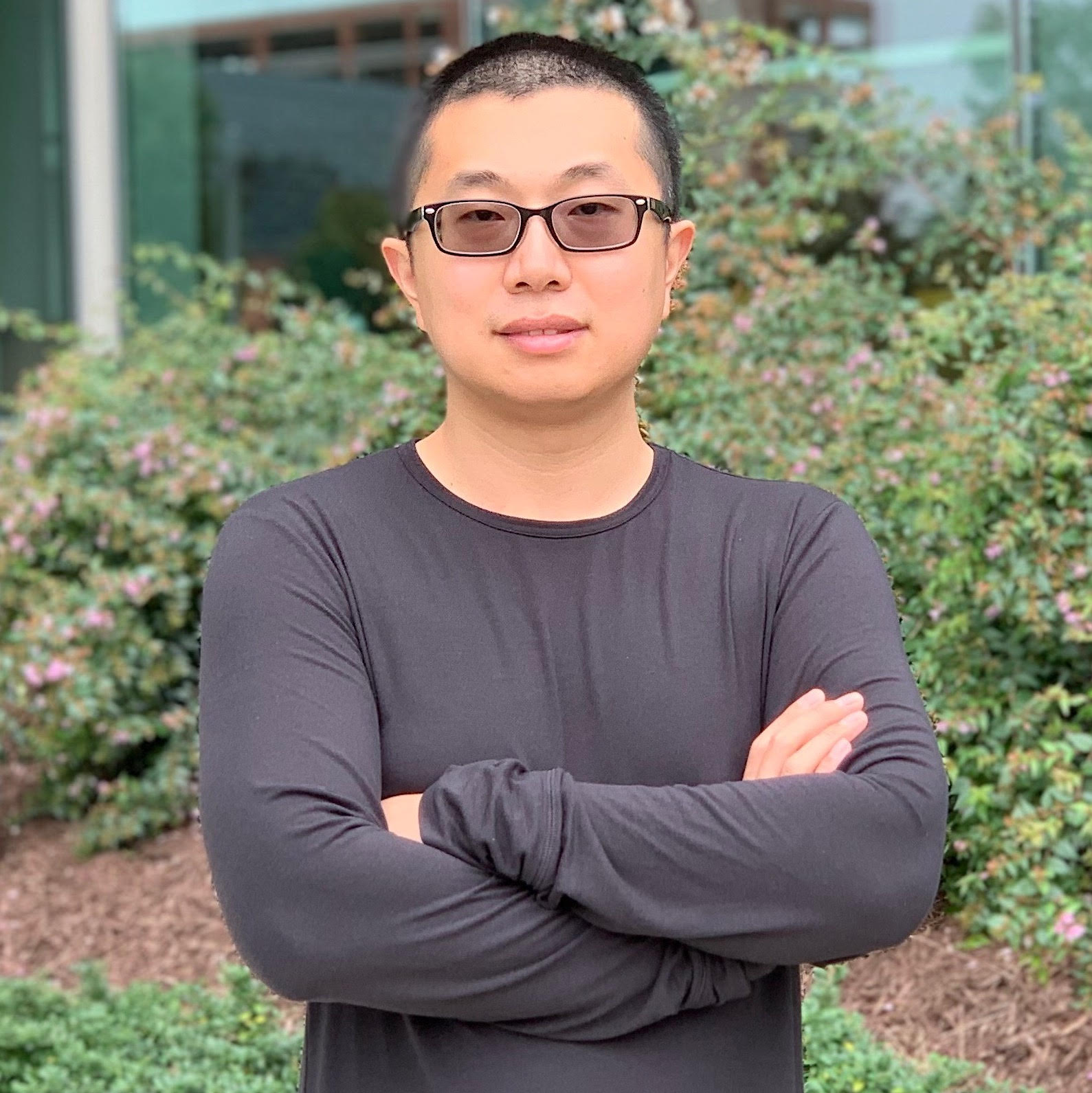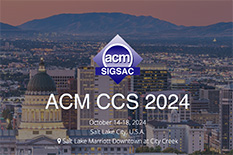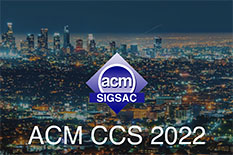News Story
Maryland Cybersecurity Center Kicks Off Second Year of Postdoctoral Fellowship Program
Published February 24, 2021
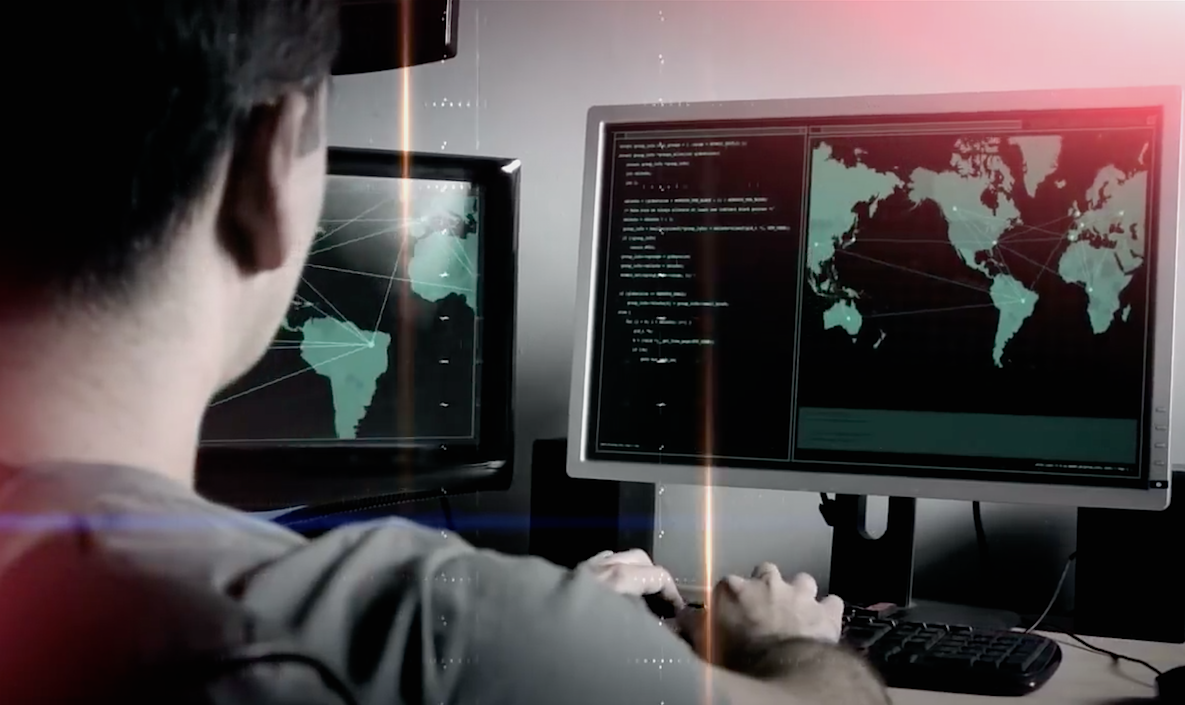
The Maryland Cybersecurity Center (MC2) is heading into the second year of its coveted postdoctoral fellowship program, which is designed to attract highly-motivated candidates to the University of Maryland to conduct research and scholarship in the broad area of cybersecurity.
The two-year fellowships offer an opportunity to work closely with MC2 faculty and graduate students in multiple areas, including theoretical and applied cryptography, data-driven security, human-computer interaction and security, network and wireless security, machine learning and security, blockchain and cryptocurrency security, and programming languages security.
“MC2 is a great place to be a postdoc,” says Michelle Mazurek, an associate professor of computer science and co-director of MC2. “We have a fun, supportive community spanning a wide range of topics. The postdoc fellowship is an especially exciting opportunity because it's not tied to any particular project—the fellow is free to follow their interests and collaborate with faculty and students throughout the center.”
The position offers a competitive stipend and benefits. Candidates accepted to the fellowship will have the opportunity to work with one or more of the center’s core faculty that include:
• Michel Cukier, whose research covers dependability and security issues.
• Dana Dachman-Soled, whose research interests are in cryptography, complexity theory and security.
• Tudor Dumitraș, whose research focuses on data-driven (big data) approaches to problems in systems security and dependability.
• Michael Hicks, who focuses on using programming languages and analyses to improve the security, reliability and availability of software.
• David Van Horn, whose research centers on program analysis and how it is applied to programming languages, software engineering, verification and security.
• Jonathan Katz, whose research focuses on various aspects of cryptography, computer security and theoretical computer science.
• Leonidas Lampropoulos, whose research interests span programming languages, random testing and formal verification.
• Dave Levin, whose research revolves around networking, distributed systems, security and economics.
• Michelle Mazurek, who works in the area of computer security, with an emphasis on human factors.
• Ian Miers, whose research focuses on computer security and applied cryptography.
• Nirupam Roy, whose research revolves around wireless networking, mobile computing, sensing and cyber-physical systems.
Cong Zhang, who began working in MC2 in September, was selected as the center’s first postdoctoral fellow. His work is based in theoretical and applied cryptography, with a particular emphasis on outsourcing encrypted databases, verifiable computation and black-box separations.
More information on the MC2 fellowships can be found here.
***
MC2 is supported by the College of Computer, Mathematical, and Natural Sciences and the A. James Clark School of Engineering. It is one of six major centers in the University of Maryland Institute for Advanced Computer Studies.
